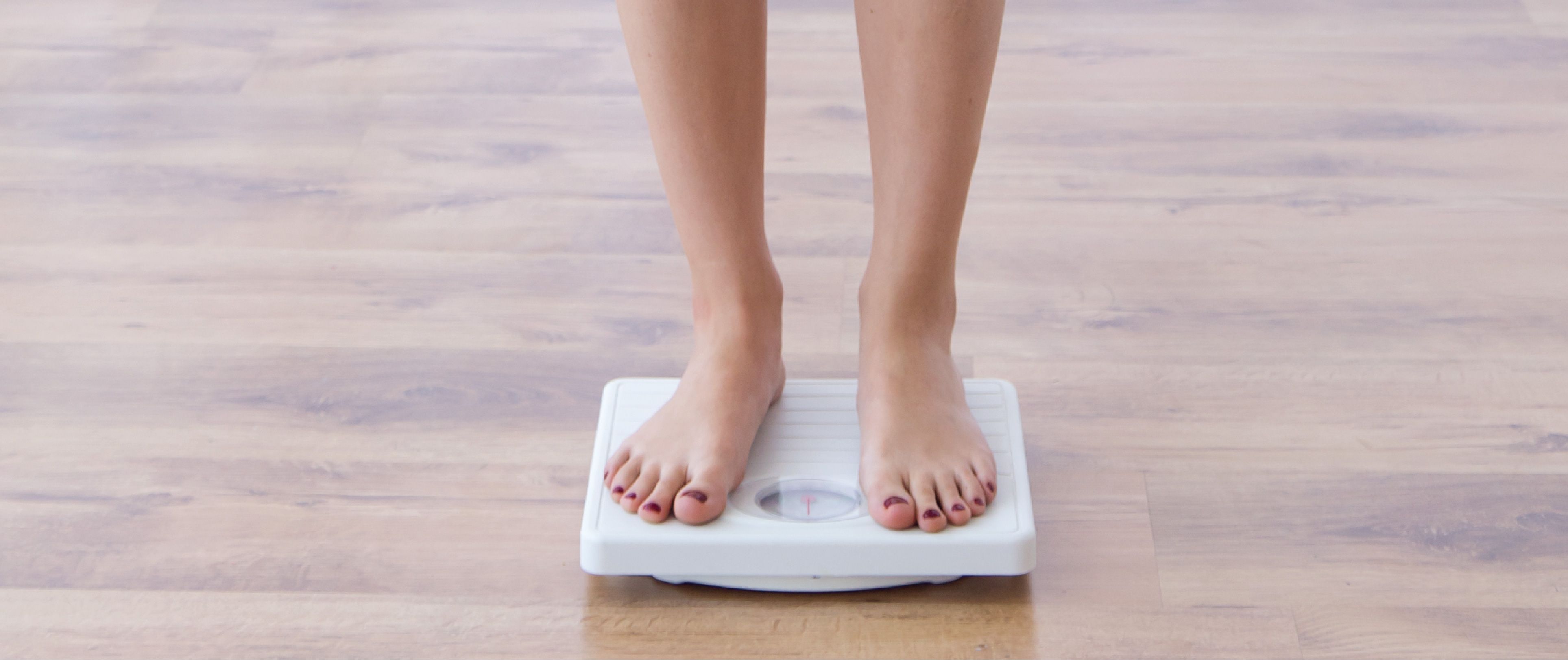This 10-second balance test reveals your longevity, scientists say
Wed 13 Aug 2025, 01:10:06

At times, it's the simplest of health tests that tell us most about our health. No need for complex machines or costly tests—researchers now say a 10-second balance test may provide unexpected answers to how long you will live.
One study, published in the British Journal of Sports Medicine, tracked over 1,700 adults aged 51 to 75 for seven years. Researchers discovered that individuals who were unable to balance on one leg for only 10 seconds had an 84% increased risk of dying from any cause of death over the seven-year time span, after controlling for age, gender, weight, and pre-existing medical conditions.
What the test is and why it is important
The test itself is incredibly easy: stand on one leg in your bare feet, have your arms hang loose by your sides, and look directly ahead. If you can sustain the position for 10 seconds without swaying, you pass. If not, it may indicate something more serious than poor balance.
Scientists think that the balance ability is a combination of brain function, coordination, and muscle strength. Difficulty with balance might mean that there are underlying problems like less muscle mass, pre-frailty, or even unmanaged medical issues. Being off-balance is also associated with an increased risk of falling, and in older people, this can lead to devastating long-term effects.
What to do if you don't pass the test or want to remain steady
Not passing the test is not a diagnosis;
it's a polite reminder to be more mindful of your fitness and mobility. Balance, strength and flexibility can all be developed at any age.
it's a polite reminder to be more mindful of your fitness and mobility. Balance, strength and flexibility can all be developed at any age.
. Practice every day: Attempt standing on one leg while brushing teeth or preparing a meal. Begin with a few seconds and gradually increase.
. Add exercises: Yoga, tai chi, and Pilates are all good for enhancing stability and coordination.
. Strength training: Emphasise lower-body exercises such as squats and lunges, which strengthen the muscles that stabilise the body.
. Maintain overall activity: Walking, light jogging, or cycling can keep your joints, muscles, and heart in good condition.
The 10-second balance test is not about predicting the exact length of your life; it’s about offering a quick, accessible glimpse into your current health status. The British Journal of Sports Medicine study shows that something as simple as standing on one leg can reveal much about your strength, coordination, and overall well-being.
Consider it a reminder: staying balanced, both in body and in life, requires frequent upkeep. The more we develop our stability now, the more stable we will be in the years to come.
Disclaimer: Tips and suggestions mentioned in the article are for general information purposes only and should not be construed as professional medical advice. Always consult your doctor or a dietician before starting any fitness programme or making any changes to your diet.
No Comments For This Post, Be first to write a Comment.
Most viewed from Health
AIMIM News
Latest Urdu News
Most Viewed
May 26, 2020
Should there be an India-Pakistan cricket match or not?
Latest Videos View All
Like Us
Home
About Us
Advertise With Us
All Polls
Epaper Archives
Privacy Policy
Contact Us
Download Etemaad App
© 2026 Etemaad Daily News, All Rights Reserved.

























.jpg)
.jpg)
.jpg)


